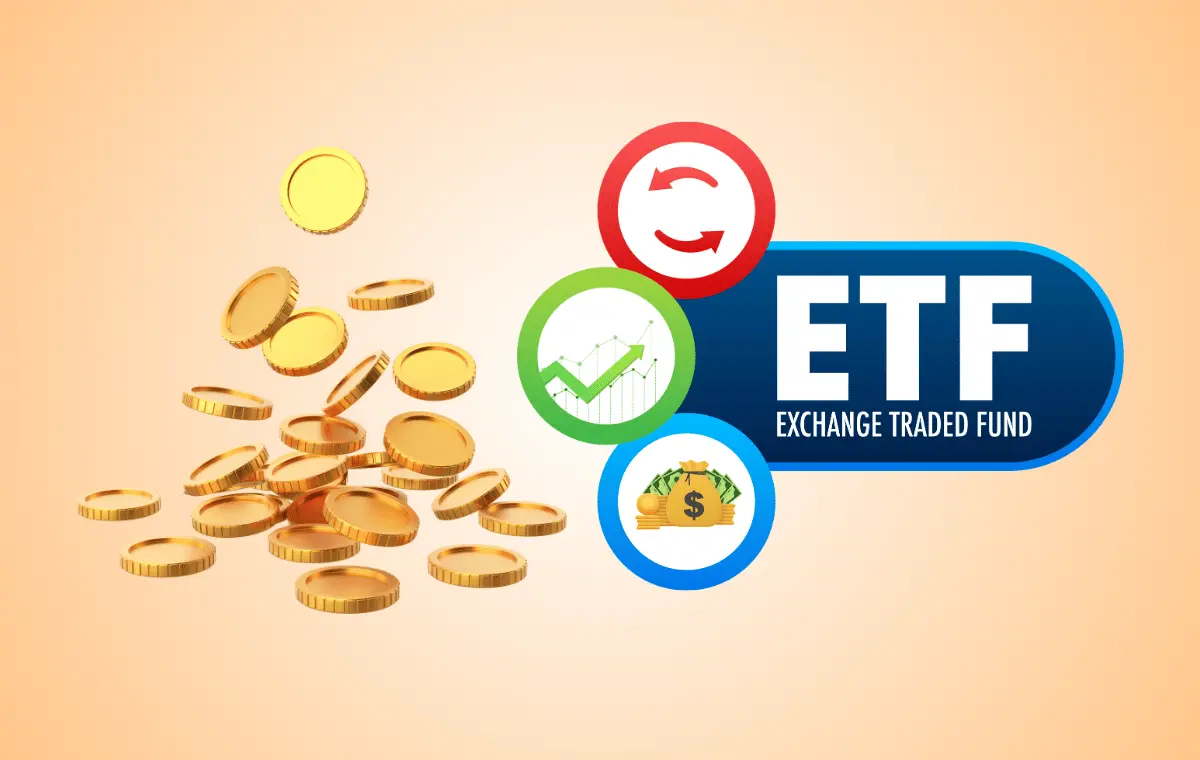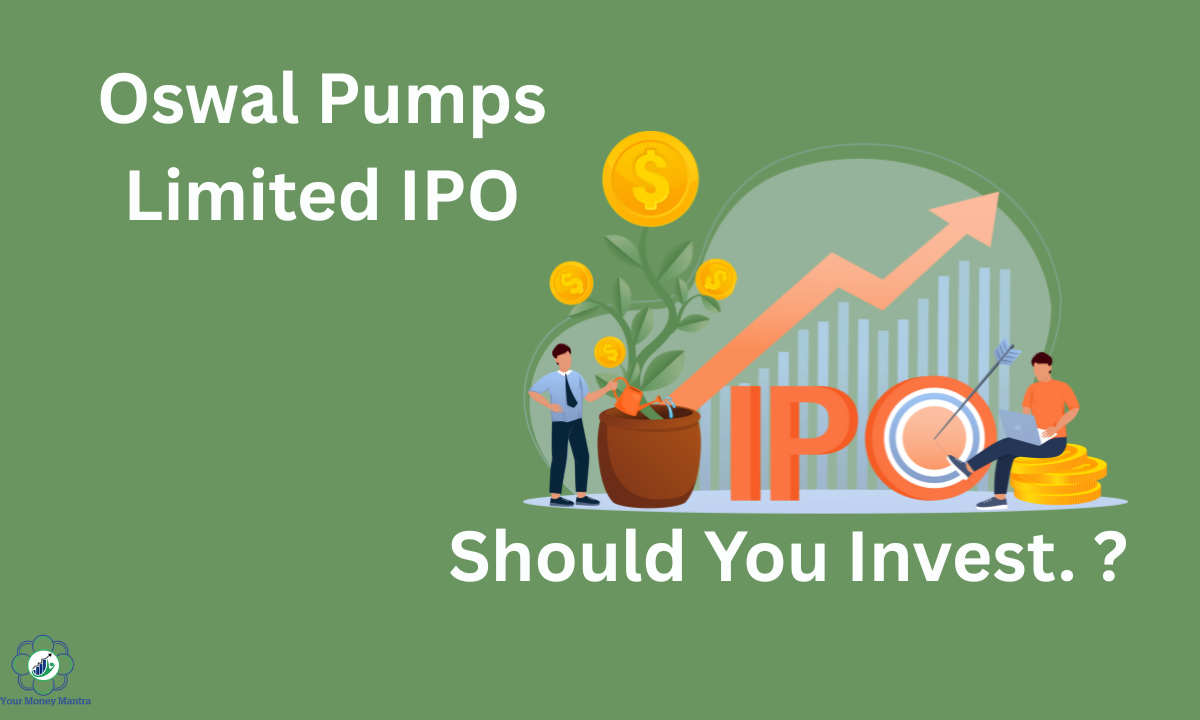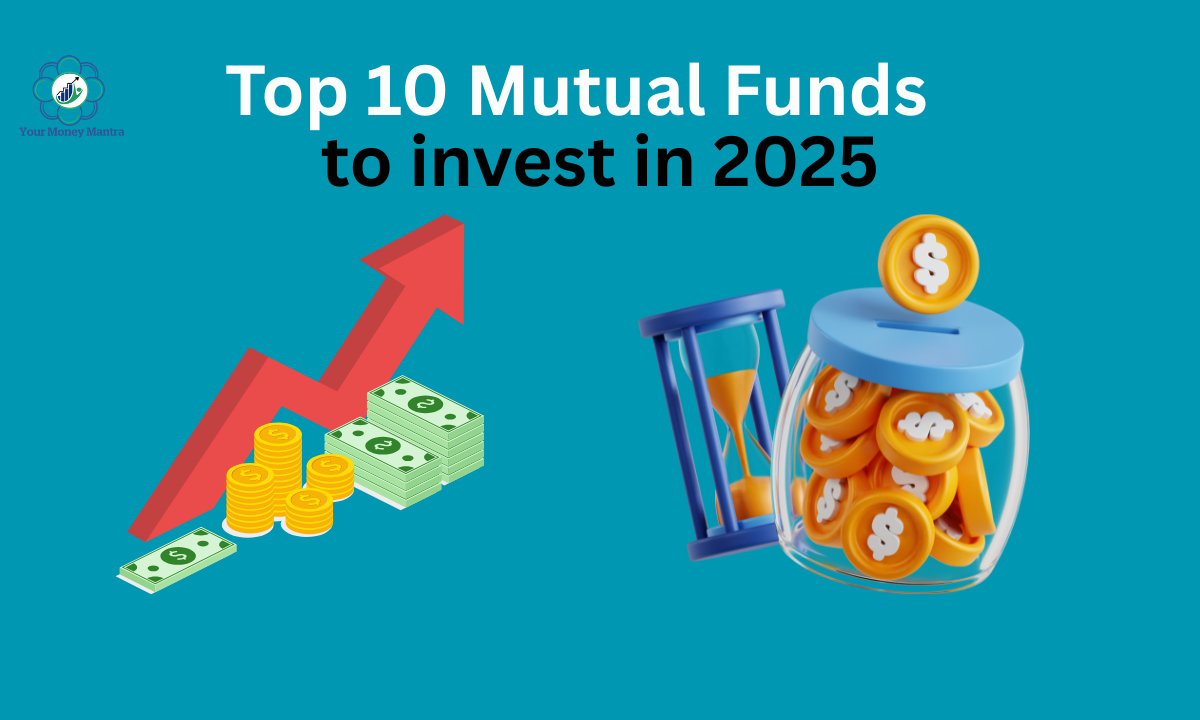Gold has been a symbol of wealth and security in India for centuries. It is Important to know what is Gold Fund and ETF With the advent of digital investing, people are no longer restricted to buying physical gold. Instead, many investors now prefer Gold Funds and Gold ETFs (Exchange Traded Funds) to gain exposure to gold without the hassle of storage and purity concerns.
In this article, we will explain everything you need to know about Gold Funds and Gold ETFs — their meaning, benefits, differences, taxation rules (as per FY 2025-26), and whether they are suitable for your portfolio.
1. What is a Gold Fund?
A Gold Fund is a type of mutual fund that primarily invests in Gold ETFs or gold-related instruments. These are fund-of-funds (FoF) and are managed by professional fund managers.
Features:
-
You don’t need a demat account.
-
Minimum investment starts as low as ₹500.
-
NAV (Net Asset Value) is declared daily.
-
Returns are linked to the performance of underlying Gold ETFs.
Gold funds are ideal for new investors who want to invest in gold without opening a trading account or worrying about storage.
2. What is a Gold ETF?
A Gold ETF (Exchange Traded Fund) is an exchange-listed mutual fund that tracks the domestic price of physical gold. One unit of a Gold ETF typically represents 1 gram of gold.
Features:
-
Listed on stock exchanges (like NSE, BSE).
-
Traded like shares during market hours.
-
Requires a demat and trading account.
-
Each unit is backed by physical gold of 99.5% purity.
Gold ETFs are suitable for active investors and those who prefer trading or portfolio diversification through equity platforms.
3. How Do Gold Funds and ETFs Work?
Gold ETFs:
-
Asset Management Companies (AMCs) buy physical gold and issue ETF units.
-
Investors buy/sell these units on stock exchanges via a broker.
Gold Funds:
-
AMCs create Gold Funds that invest in Gold ETFs.
-
You invest in the fund via the AMC or distributor.
-
The fund tracks the gold price indirectly through its ETF holdings.
4. Key Differences: Gold Fund vs. Gold ETF
| Feature | Gold Fund | Gold ETF |
|---|---|---|
| Mode of Investment | Mutual Fund (offline/online) | Stock Exchange |
| Demat Account Required | No | Yes |
| Liquidity | Moderate (end of day NAV) | High (real-time trading) |
| Investment Amount | As low as ₹500 | 1 unit = 1 gram of gold |
| Expenses | Slightly higher | Lower expense ratio |
| Trading Hours | Mutual fund cut-off time | Exchange hours (9:15 AM–3:30 PM) |
5. Benefits of Investing in Gold Funds and ETFs
1. No Storage Hassle
Unlike physical gold, there’s no need to worry about theft, purity, or locker charges.
2. High Liquidity
You can buy or sell Gold ETFs anytime during market hours. Gold Funds are also liquid through the AMC.
3. Diversification
Gold acts as a hedge against inflation and currency depreciation. It helps reduce overall portfolio risk.
4. Transparent Pricing
NAVs of Gold Funds and prices of ETFs are based on real-time market-linked gold prices.
5. Regulated Investment
Both are regulated by SEBI, offering safety and transparency.
6. Ideal for SIPs
Gold Funds allow Systematic Investment Plans (SIPs) to invest small amounts regularly.
6. Risks and Limitations
1. Price Volatility
Gold prices fluctuate due to global factors like inflation, interest rates, and currency movements.
2. Currency Risk
Gold prices in India are impacted by USD-INR exchange rates.
3. No Dividend or Interest
Unlike bonds or stocks, gold does not yield any interest or dividend.
4. Management Fees
Gold Funds carry fund management charges, though they are relatively low.
7. How to Invest in Gold Funds and ETFs?
For Gold Funds:
-
Choose a reliable AMC.
-
Visit their website or use an investment app.
-
Start SIP or lump sum with as low as ₹500.
-
No demat account required.
For Gold ETFs:
-
Open a demat & trading account.
-
Place buy/sell orders through your broker.
-
Units will be credited/debited from your demat account.
-
Minimum investment is usually 1 unit (≈ 1 gram of gold).
8. Taxation of Gold Funds and ETFs (As Per FY 2025-26)
As per the Finance Act, 2023 — still applicable in FY 2025-26 — both Gold Funds and Gold ETFs are treated as non-equity mutual funds.
Capital Gains Tax:
| Holding Period | Classification | Tax Treatment |
|---|---|---|
| Any duration | No distinction between STCG/LTCG | Taxed as per your income slab |
| Indexation Benefit | Not available |
Whether you hold for 1 year or 5 years, gains from Gold Funds and ETFs will be:
-
Added to your total income
-
Taxed at applicable slab rates (under old or new regime)
Example:
-
Invested: ₹1,50,000 in Gold ETF in April 2022
-
Redeemed: ₹2,10,000 in May 2025
-
Profit: ₹60,000
-
If your total income is ₹10,00,000 (including ₹60,000 gain), you’ll be taxed at 20% under the new tax regime slab for income over ₹6 lakh.
-
Note: No TDS is deducted, but you must report gains in your Income Tax Return (ITR).
-
9. Gold Funds & ETFs vs Sovereign Gold Bonds (SGBs)
| Feature | Gold ETF / Fund | Sovereign Gold Bond (SGB) |
|---|---|---|
| Backed By | Physical gold | Government of India |
| Returns | Linked to gold price | Gold price + 2.5% interest p.a. |
| Tax on Maturity | Taxable | Tax-free if held till maturity |
| Lock-in | No | 8 years (early exit from 5th year) |
| Liquidity | High | Low (listed but low trading volume) |
| Best For | Short to medium term | Long-term investors (8 years) |
10. Conclusion: Should You Invest in Gold Funds or ETFs?
Both Gold Funds and Gold ETFs offer a modern, safe, and transparent way to invest in gold. If you are:
-
A beginner or don’t have a demat account, go with Gold Funds.
-
An experienced investor, comfortable with the stock market, choose Gold ETFs for lower costs and real-time trading.
However, note that taxation has become less favorable post-April 2023, as gains are now taxed as per income slabs. So, if you want tax-efficient exposure to gold, Sovereign Gold Bonds (SGBs) could be a better long-term choice.
Always invest in gold as part of a diversified portfolio — not as the sole investment.
Key Takeaways:
-
Gold Funds are mutual funds that invest in Gold ETFs.
-
Gold ETFs are exchange-traded funds tracking gold prices.
-
From FY 2025-26, both are taxed as per your income slab, regardless of holding period.
-
Choose between Gold Fund, Gold ETF, and SGB based on your investment horizon, liquidity needs, and tax situation.








